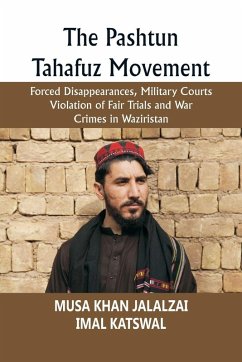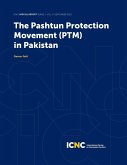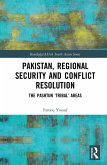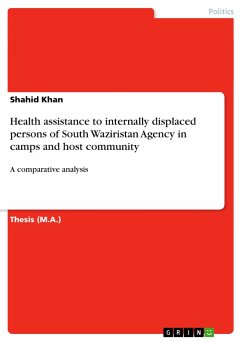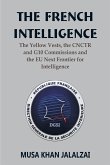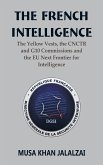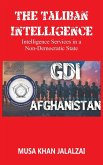The Pashtun Tahafuz Movement is the only well-branded together movement that created awareness within the Pashtun communities about the atrocities and war crimes of the Pakistan army in Khyber Pakhtunkhwa and Waziristan. However, it started long marches, and rallies to divert the attention of the international community towards the forced disappearances of its workers and leaders by the agencies. Frequently, they used social media as a bridge of communication. Originally, its demands included the release of missing persons and an end to extra-judicial killings of Pashtuns, stopping humiliation of passengers at security checkpoints, and removal of landmines in FATA. On 13 January 2018, Naqeebullah Mehsud was killed in a fake police encounter in Karachi. The PTM is the latest manifestation of decades of Pashtun protest against state brutalities. Its origin can be traced back to 2014 when student leaders of Gomal University in the Khyber Pakhtunkhwa (KP) province were propelled into activism to protect the rights of Pashtuns. The PTM is a nonviolent movement led by Manzoor Pashteen against the alleged enforced disappearances, extra-judicial killings, as well as the mistreatment of the Pakhtun community by security forces. The Pashtun Tahafuz Movement (PTM) was established in Pakistan to advocate the rights and protection of the Pashtun people, particularly in the context of their treatment by the Pakistani state and military. The movement emerged in response to a long history of violence, discrimination, and human rights abuses experienced by Pashtuns, especially in the aftermath of the War on Terror and the military operations conducted in Pakistan's tribal areas. It's important to note that the Pakistani government and military often justify their actions in Waziristan as necessary for national security and combating terrorism. However, the situation remains deeply controversial, with ongoing debates about the balance between security measures and the rights of the local population.
Hinweis: Dieser Artikel kann nur an eine deutsche Lieferadresse ausgeliefert werden.
Hinweis: Dieser Artikel kann nur an eine deutsche Lieferadresse ausgeliefert werden.

